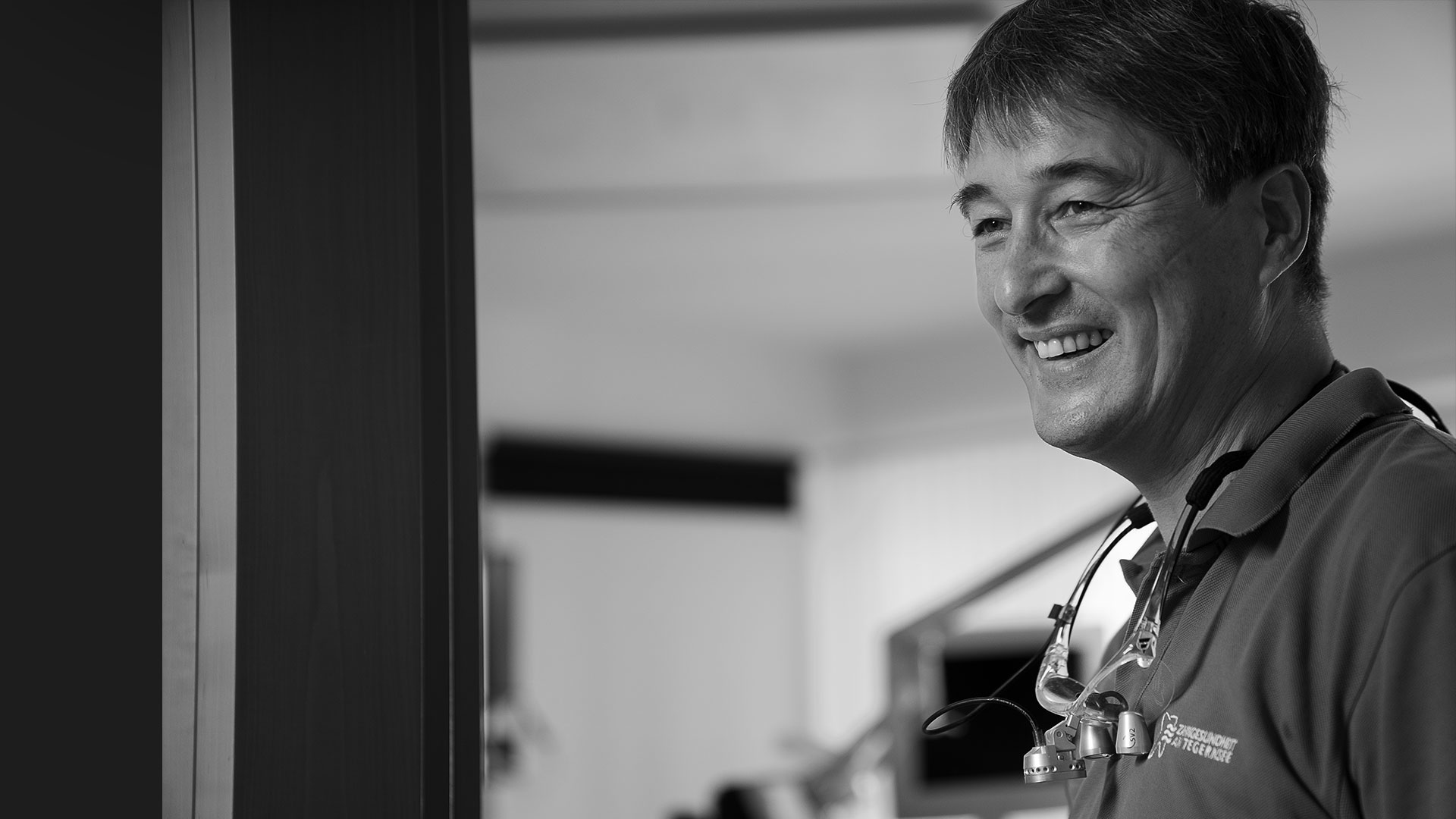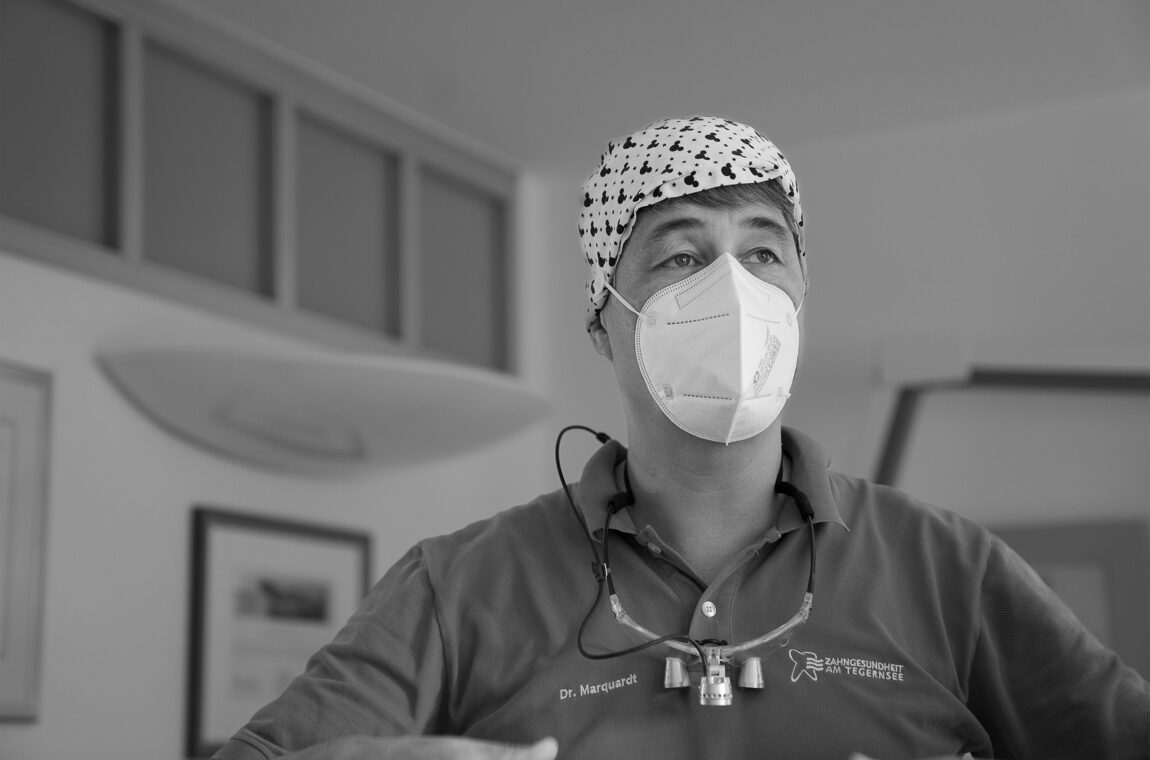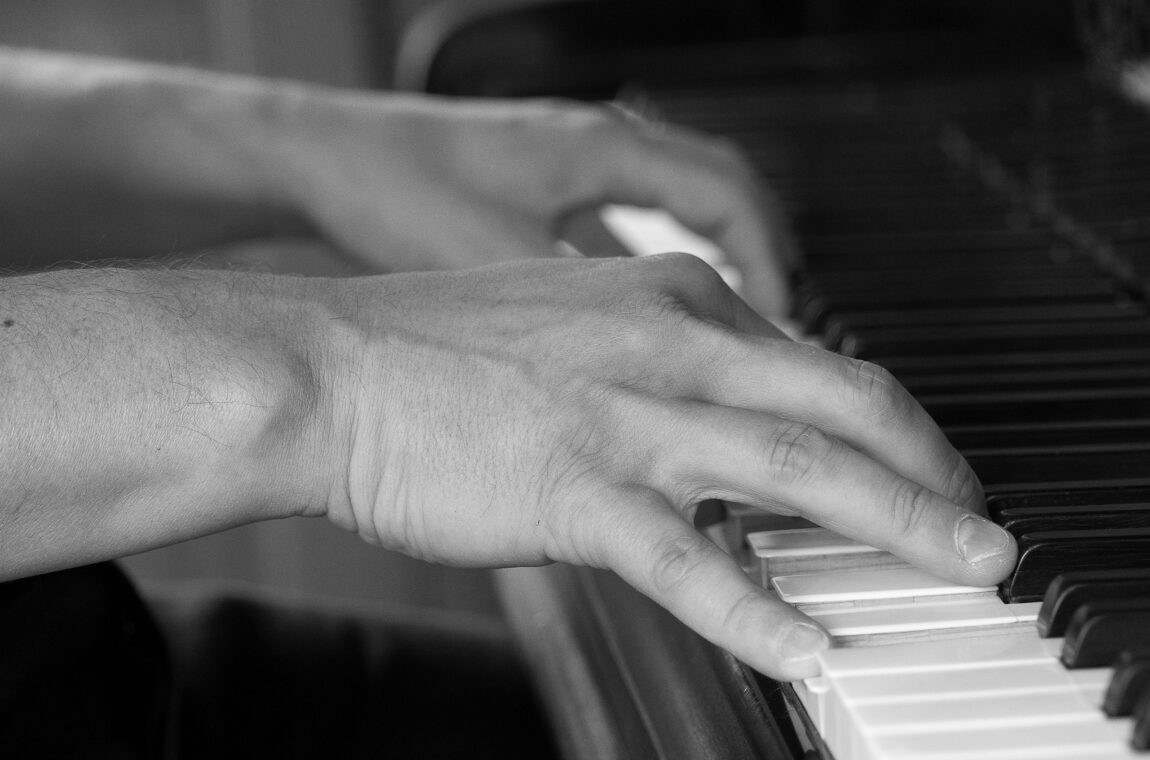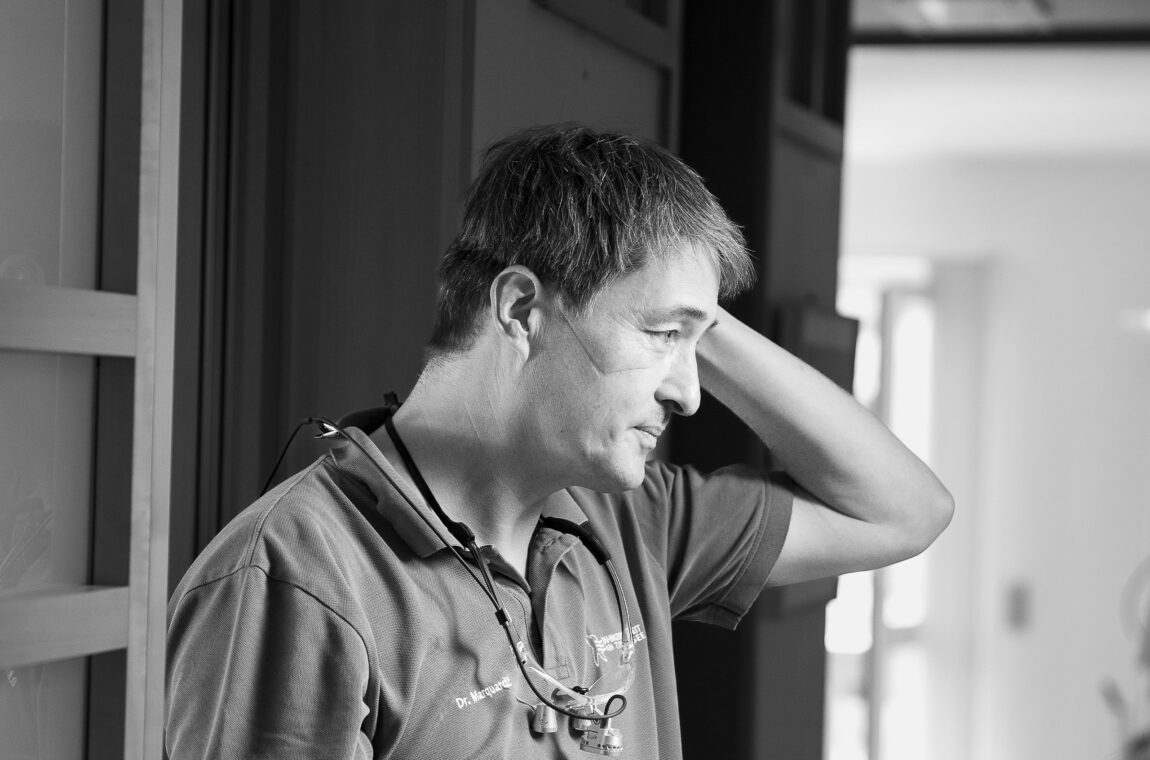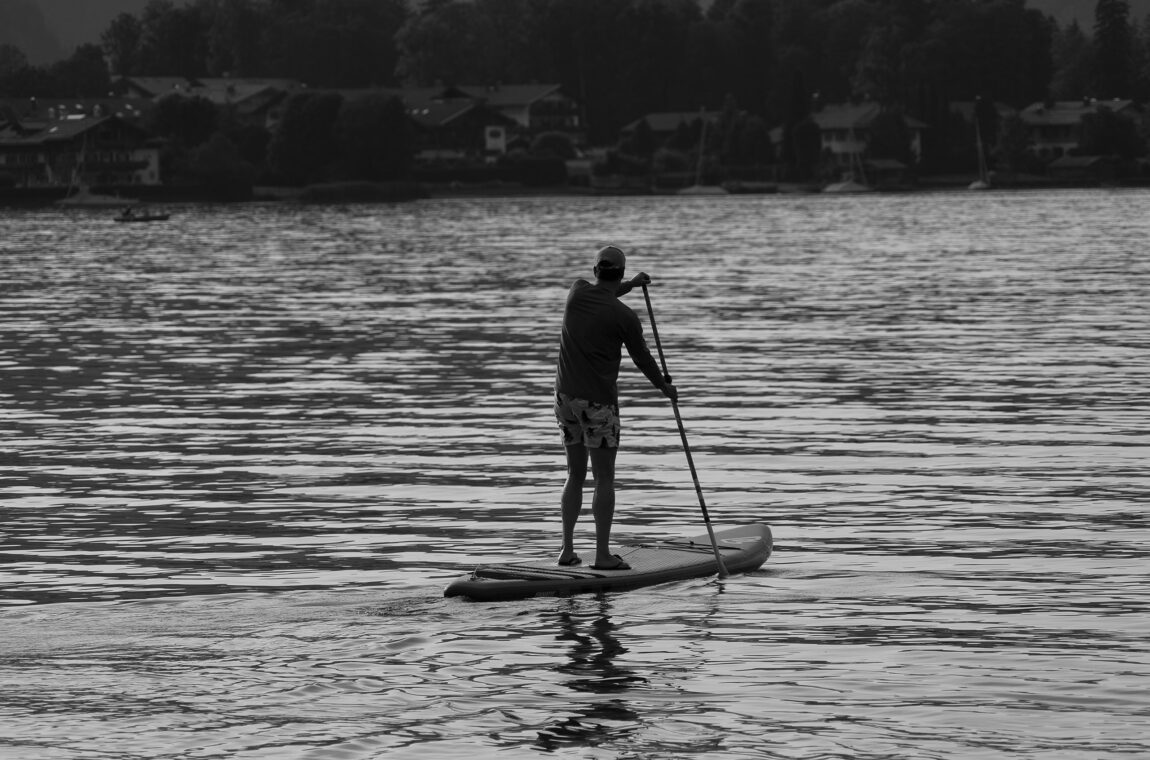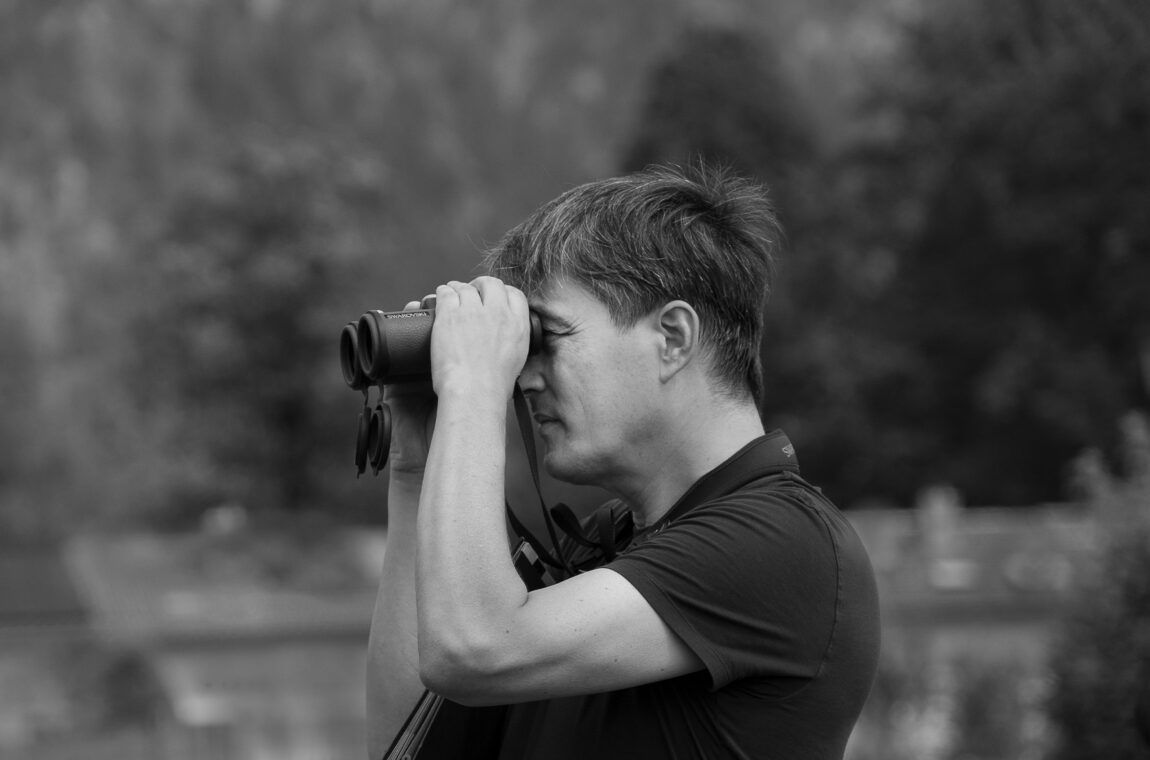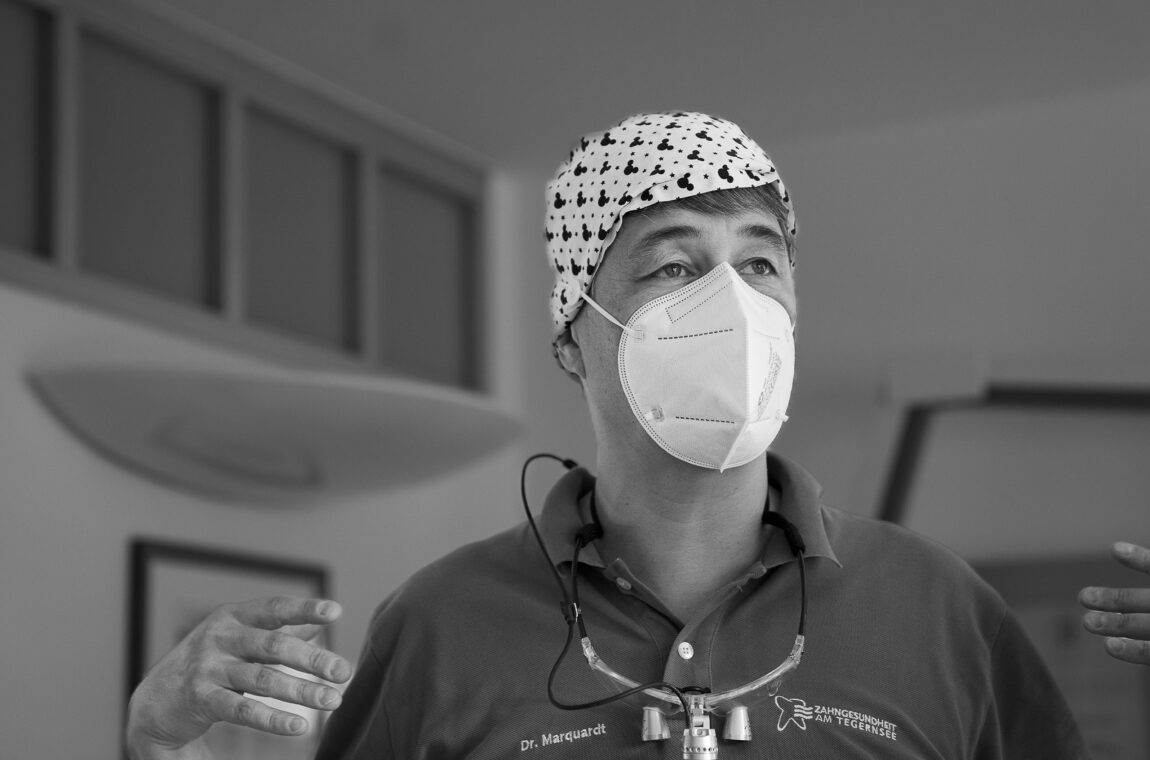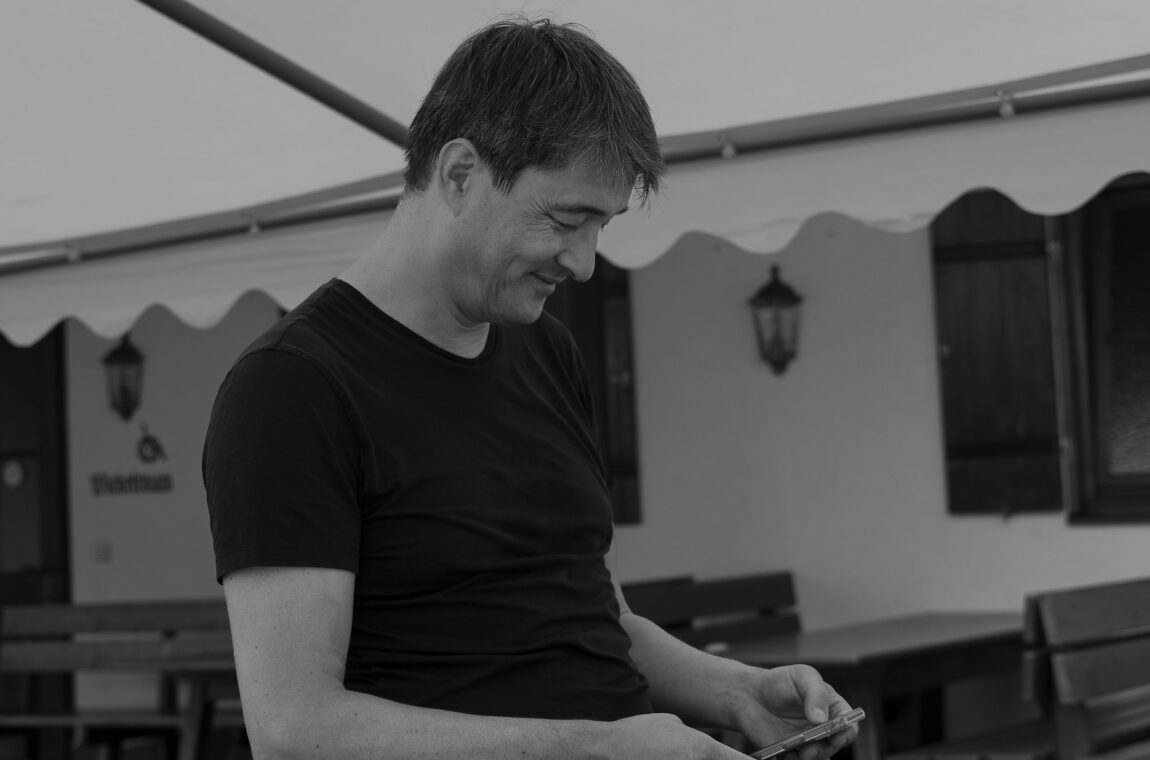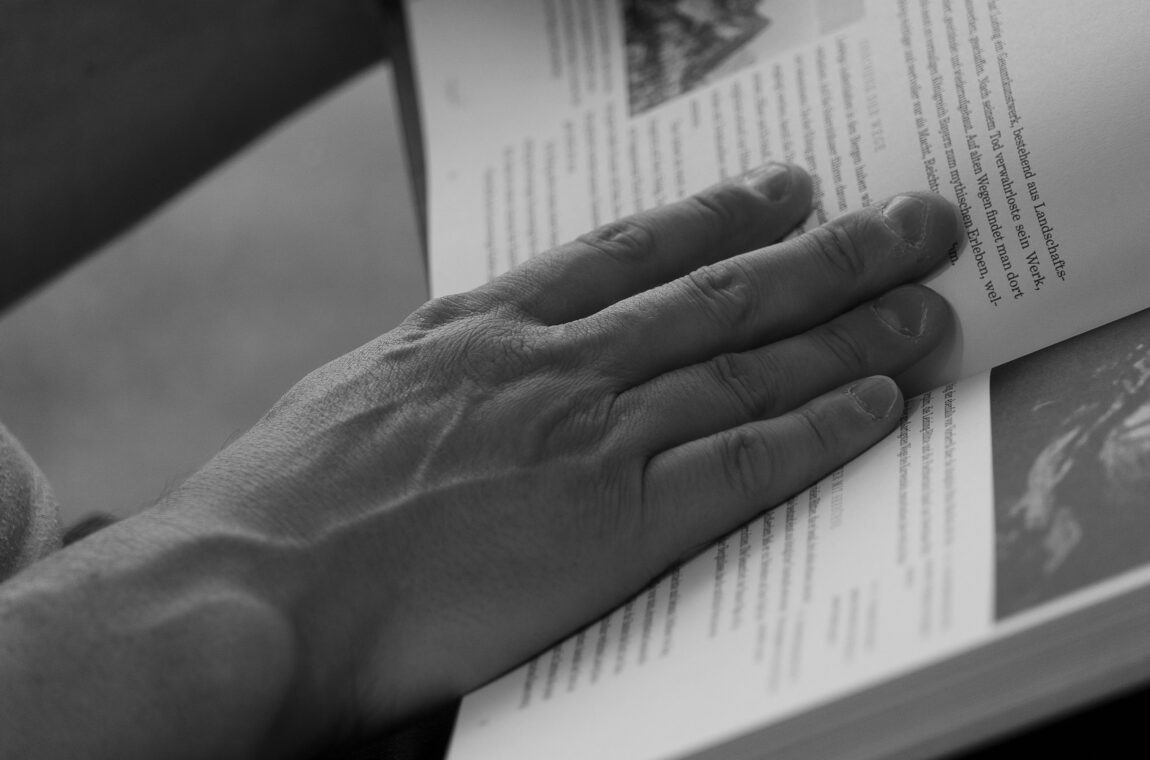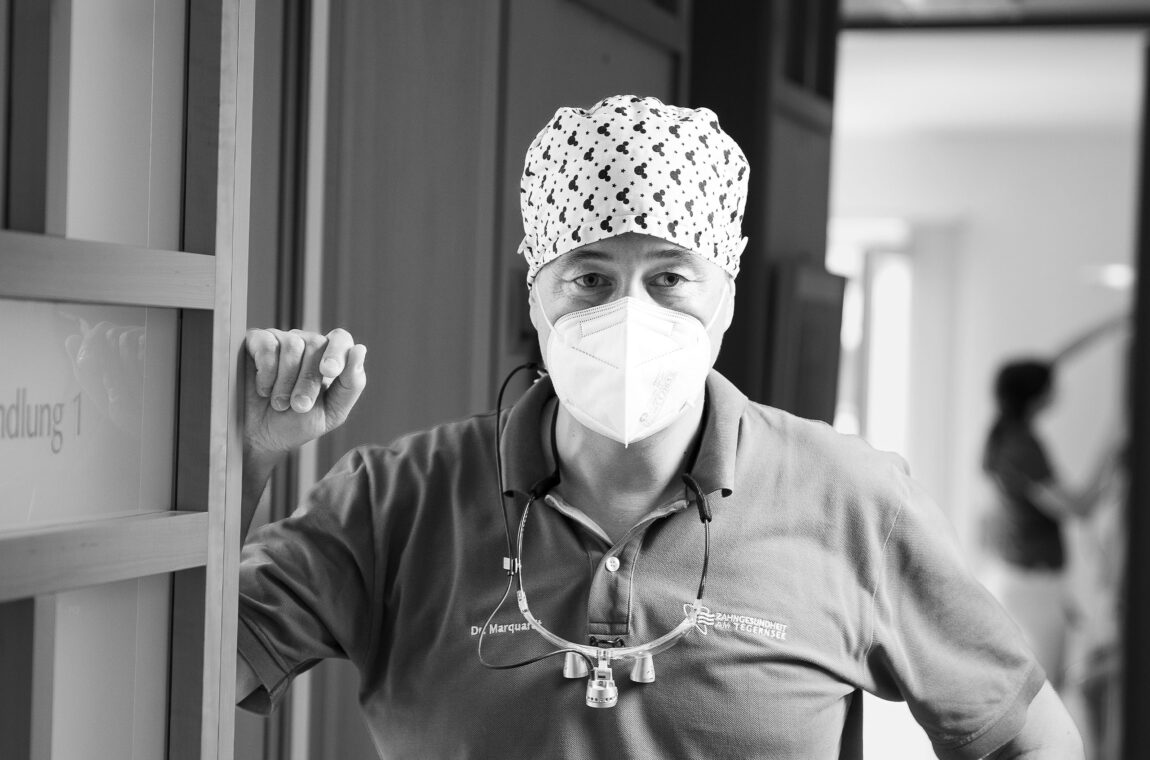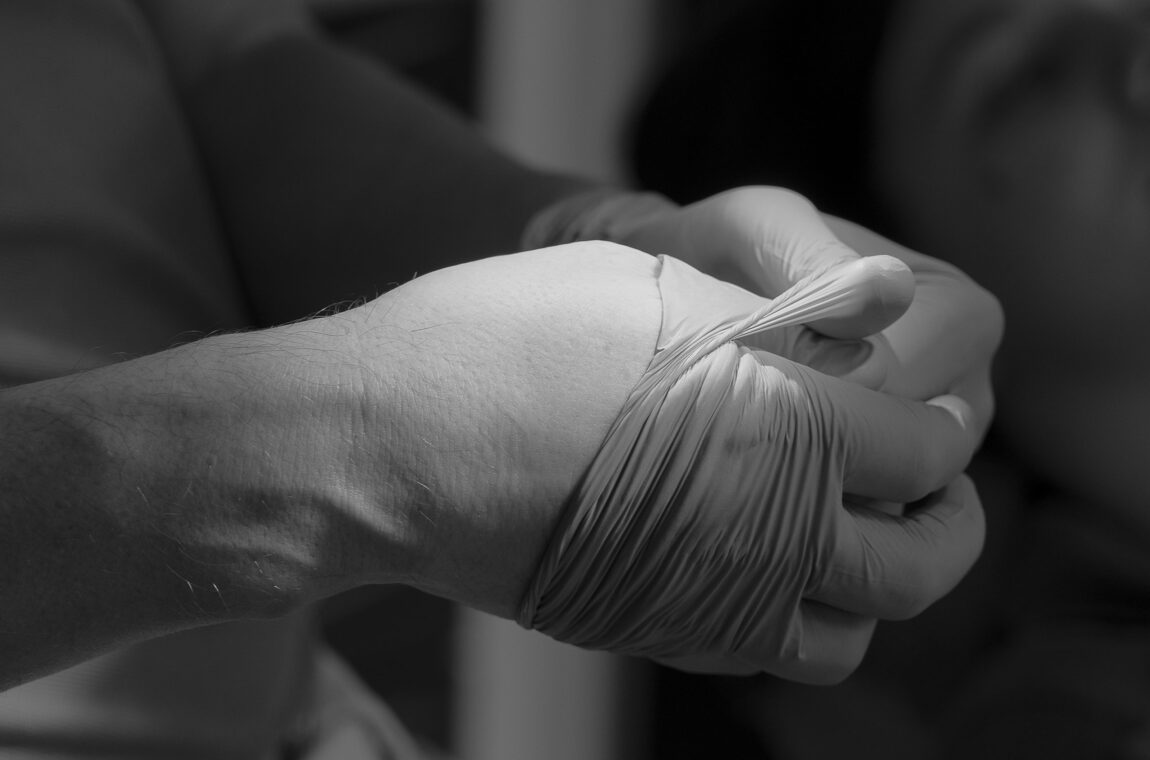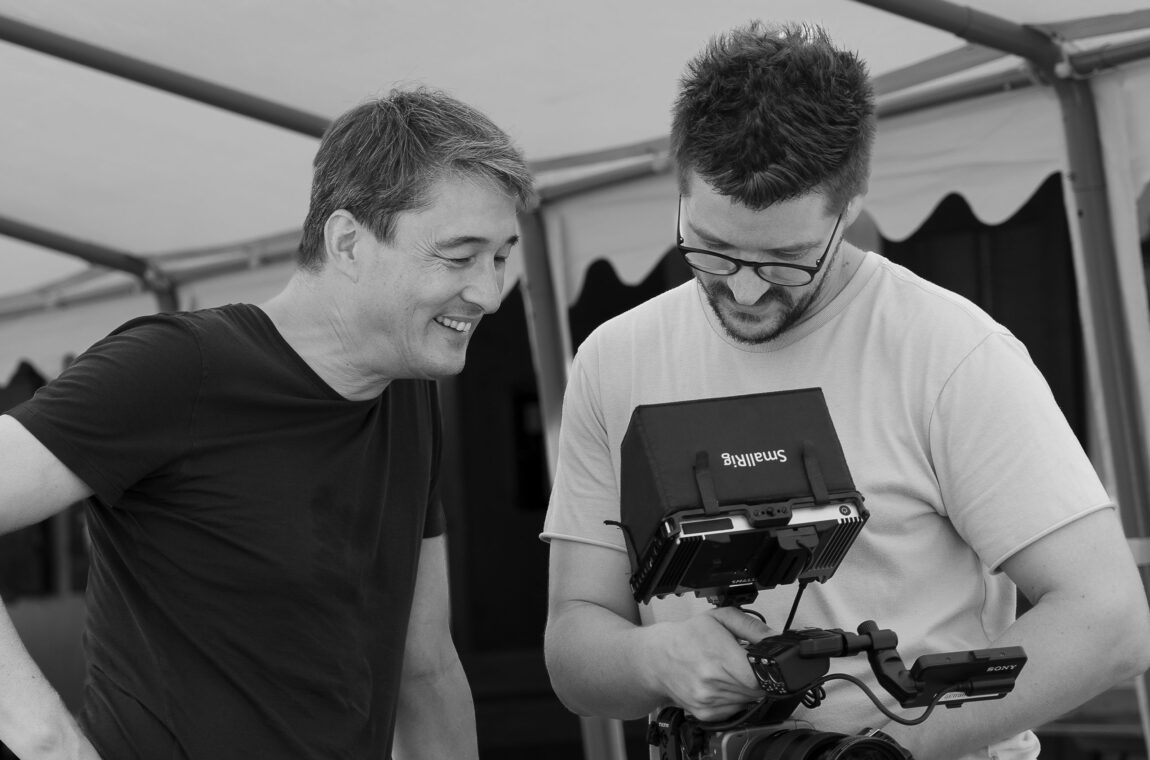Dr. Siegfried Marquardt
Siegfried Marquardt was raised in Germany in Bavaria by Lake Tegernsee. He studied and obtained his doctorate in dentistry at the LMU Munich and is today:
Specialist in aesthetics and function (DGÄZ)
Specialist in implantology (EDA / BDIZ-EDI)
and specialist in sports dentistry (DGSZM)
Parallel to his practice in Tegernsee, he runs an international training centre for all areas of dentistry.
He is a lecturer at the Academy Practice and Science and is therefore a regular international speaker.
Why do you think are you so successful?
I think I was very lucky – and I’m deeply grateful – that I was brought up very independently. I was guided and led, but I was still able to follow my own mind.
And I was encouraged to always be inquisitive and to question what’s happening around me, in my world, in the things that matter to me.
A passion for wanting to know everything. And to then be able to follow it, that also helped me to grow.
I think I have quite a strong focus on what I do. And my curiosity eventually led me to explore a very, very broad field.
I try to be as authentic as I can, it’s really important to me to stay true to myself, because I know the world is full of fakes.
I believe that success is doing what you enjoy. I find a lot of joy in everything I do, I enjoy it a lot, but I also have strict discipline.
Do you have a particular role model or experience that left a lasting impression on you?
I do not have a role model, but there are many positive and negative experiences, that influenced me.
My grandfather had a farm and had to work very hard to rebuild everything during the post-war period. It was very, very hard work. I think that’s where I got my humility from and the urge to respect other people.
Do you think that art and nature or beauty itself have an impact on your life? Do you play piano often?
Bach had a great impact on me.
I love this music. It brings me back “down to earth earth”. It inspires me, and I really feel like I need it.
The role model for creativity, of course, is nature.
Without nature, we don’t have the source of inspiration that’s needed to put a beautiful smile back on my patients’ faces.
When I go walking or riding my bike in the mountains, when I go for a run outside, or go paddle boarding on the lake to enjoy time in nature – these are all things that inspire me.
In nature everything is connected, and we have to look at dentistry as a holistic science, we have to stop just focusing on the tooth or anything else in the oral cavity. We also have to try to find out why the patient has other symptoms or complaints elsewhere in the body that they just can’t seem to get under control. That’s why I worked very hard on this, shall I say, holistic approach. And today we know – and thank God it’s now also a big focus in studies and the scientific field, so we were able to collaborate a lot – that many things in the mouth, jaw and face area affect the entire body. And there are many facets to that. One is the function of the tooth, which you mentioned. If we bite down and something impacts that, then the entire musculature is affected because they have to compensate accordingly. And then our posture is affected, our coordination is thrown off, and that has a massive impact on our day-to-day life. Then we get back pain. We get neck ache. We can’t sleep very well. We get headaches.
I personally grew up playing sports, so I was able to see a lot of what happens with sports dentistry. The way it works now is that every patient is actually fully screened as an initial measure to determine whether the cause of the problem actually stems from the head, jaw and face area. Sometimes this is able to give us some idea or indication that it’s actually a chain of symptoms. This means that we have some sort of issue in the head, jaw and face area that’s actually affecting the rest of the body. So it becomes our responsibility as dentists. We have to take over and do something. Of course, this also works the other way around. Sometimes patients need to be referred to an orthopaedic surgeon. There are also internal issues, cardiovascular problems, etc. but we have to be able to determine the difference.
Today, if I know that my patient is diabetic, then I immediately have to change my approach because I know that diabetes has a two-way relationship with periodontitis. This means that someone with diabetes has a relatively higher chance of developing periodontitis and vice versa. So that’s the second example.
The third example is nutrition. If I know that I have to put in implants or build up the bone, then I have to consider whether the structure is compatible with the patient’s metabolism so that the body will accept it. That’s why nutritional dentistry is a very important topic now. For example, vitamin D metabolism. Is the patient’s bone metabolism working, yes or no? Or does it need to be regulated appropriately beforehand? This is always done together with the respective internal medicine doctor, orthopaedist, physiotherapist, osteopath, etc. We rely on each other completely. From the crown of the head to the soles of the feet. And these interactions between organs, between muscles, between joints, the connection between our chewing and jaw organs is incredibly exciting, it’s incredibly interesting.
«I believe that success is doing what you enjoy I find a lot of joy in everything I do, I enjoy it a lot, but I also have strict discipline.»
What would your utopia look like?
I think we have to find our way back to having mutual respect for one another.
We have to find a way how to uphold, encourage and demand that we’re all able to be our true selves again. We have to develop virtues again. We have to create values, a community of values, which are able to influence our fellowman.
Do you give advice?
Stay true to who you are. And maybe don’t always take yourself so seriously.
In the stressful world that we are in, I believe that joy, peace and a certain sense of humility are very important values.
I believe that as long as you remain curious, you’ll never stop questioning things. And you should question things. Don’t believe me, don’t believe whoever you’re speaking to. Don’t believe your parents and don’t believe your friends. Question the things that you’re told. Stay curious and question things. Try to become knowledgeable, otherwise you’ll never be independent. And that, I believe, is the most important thing.
